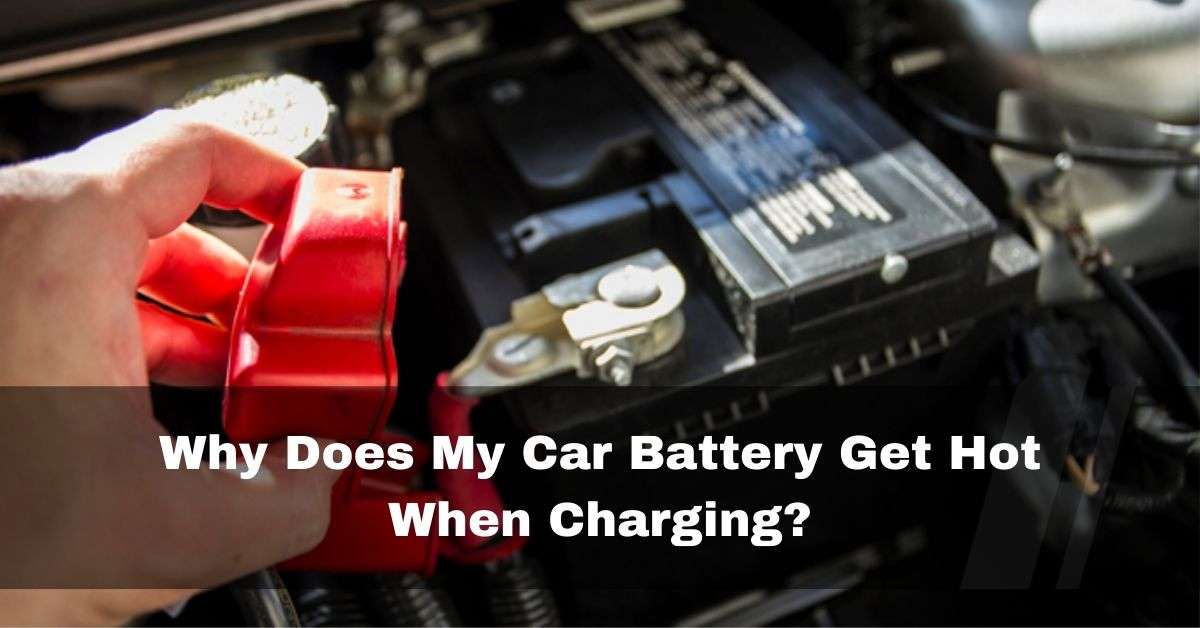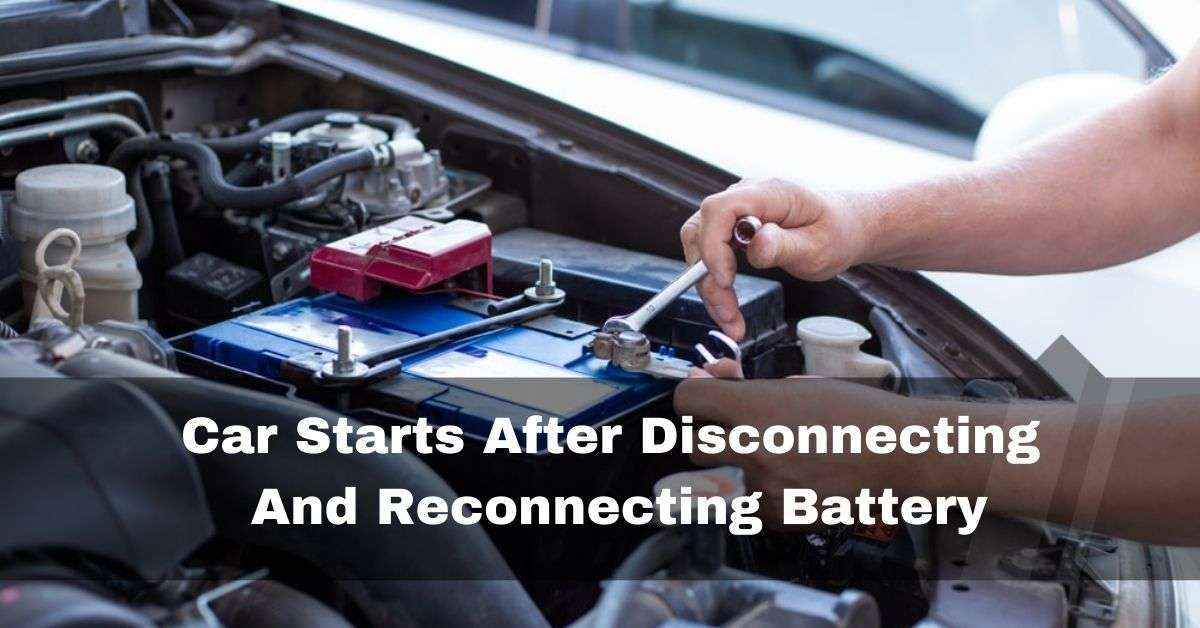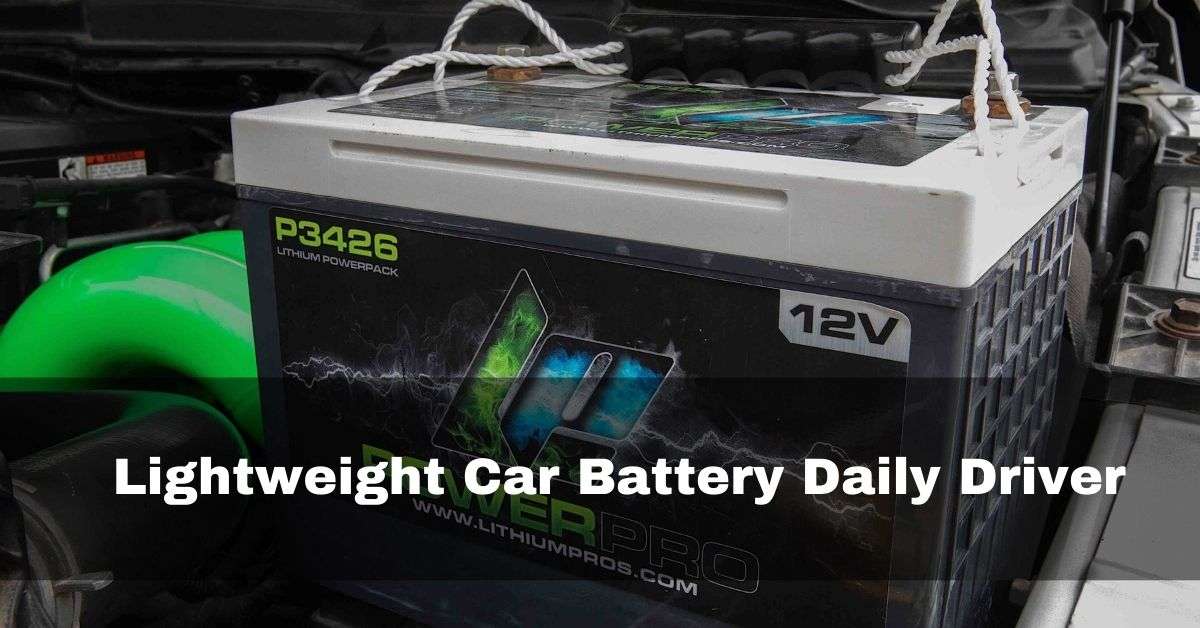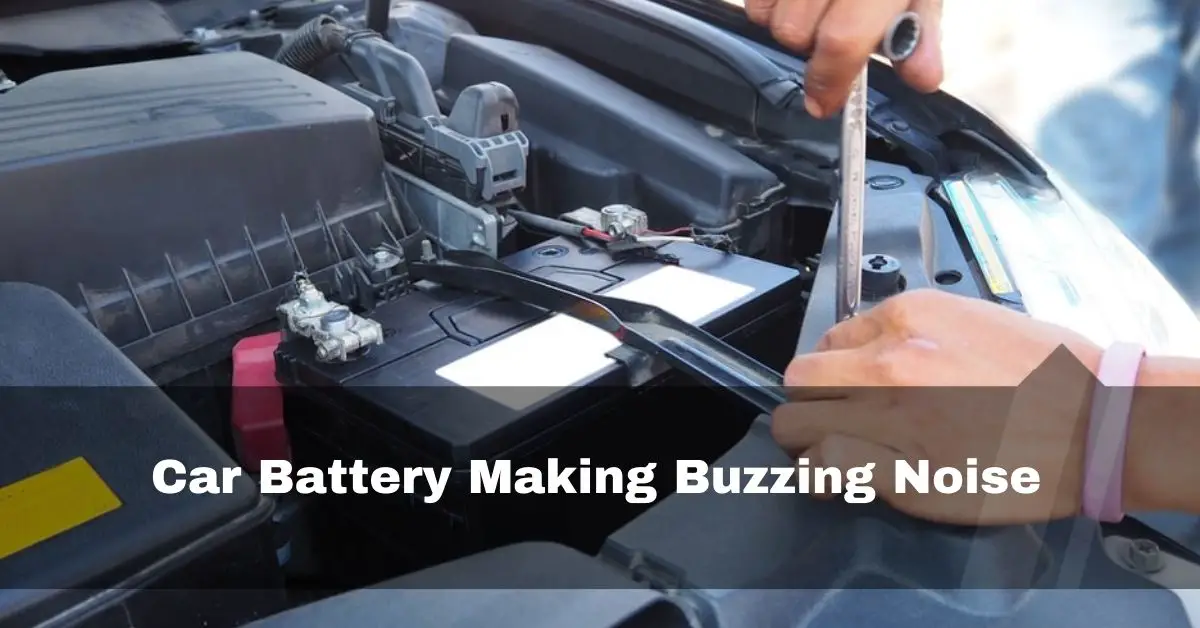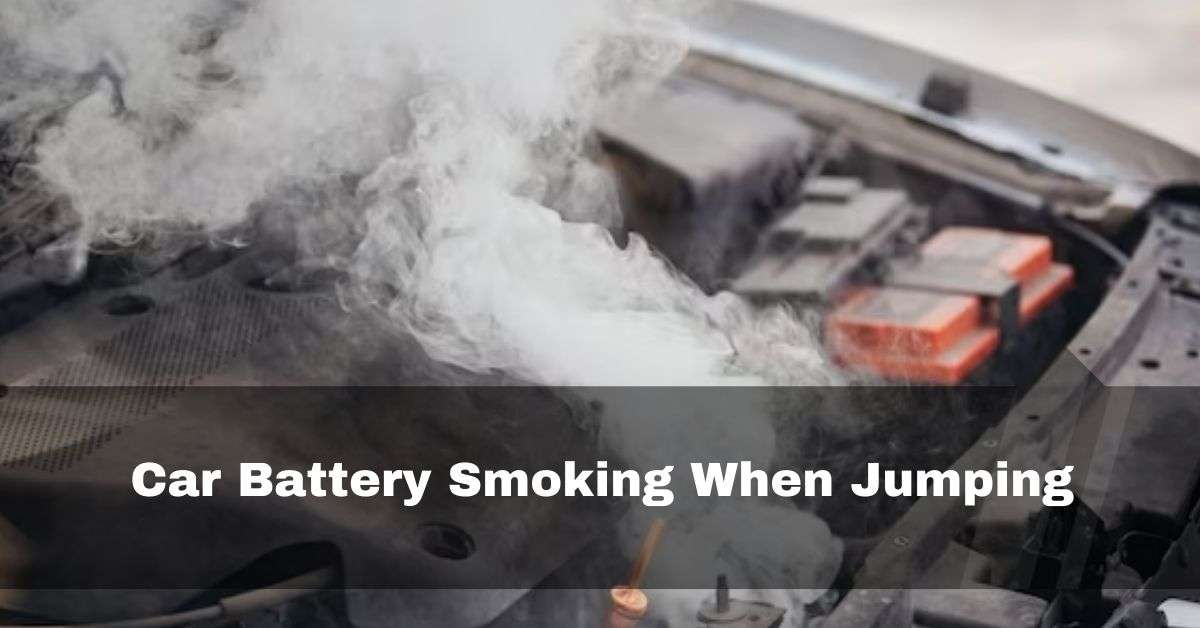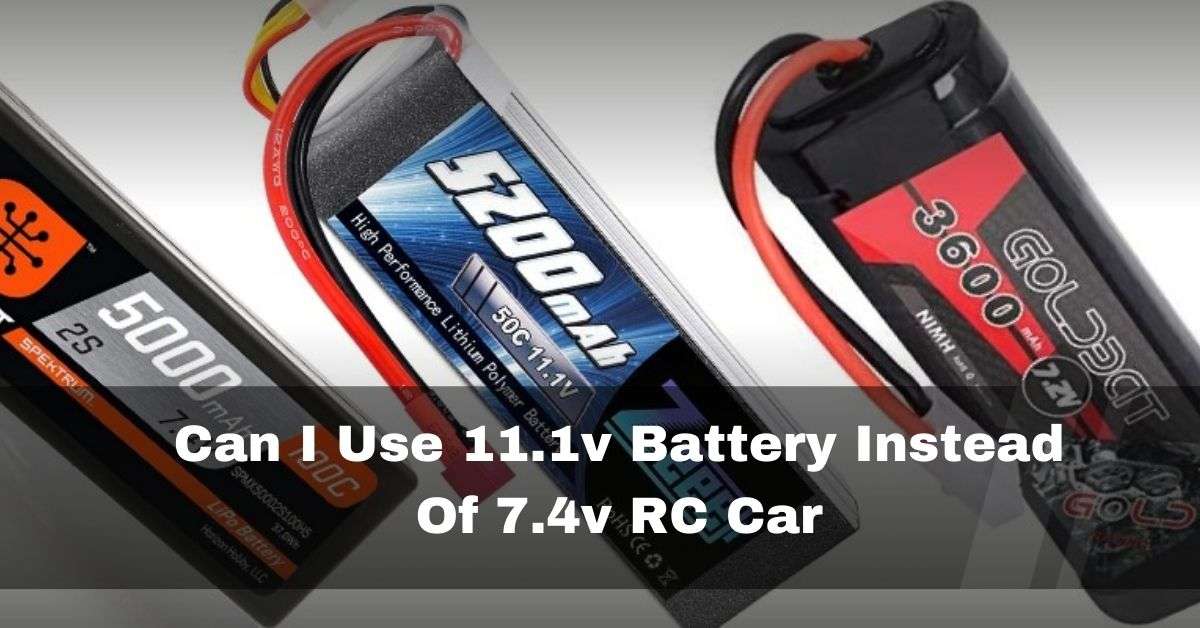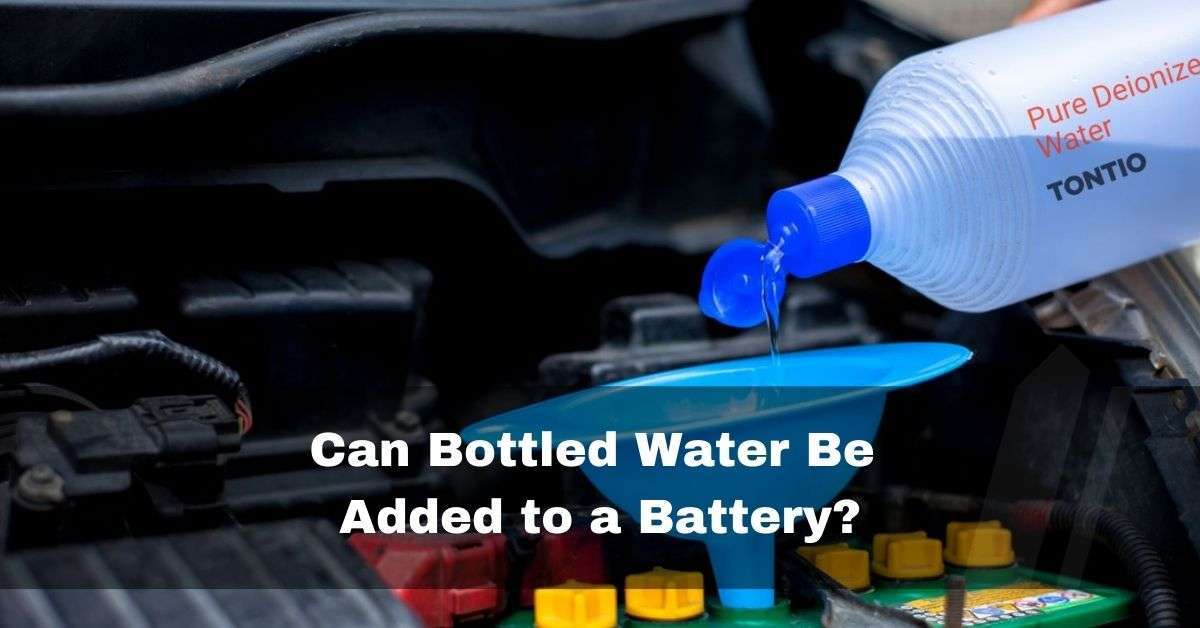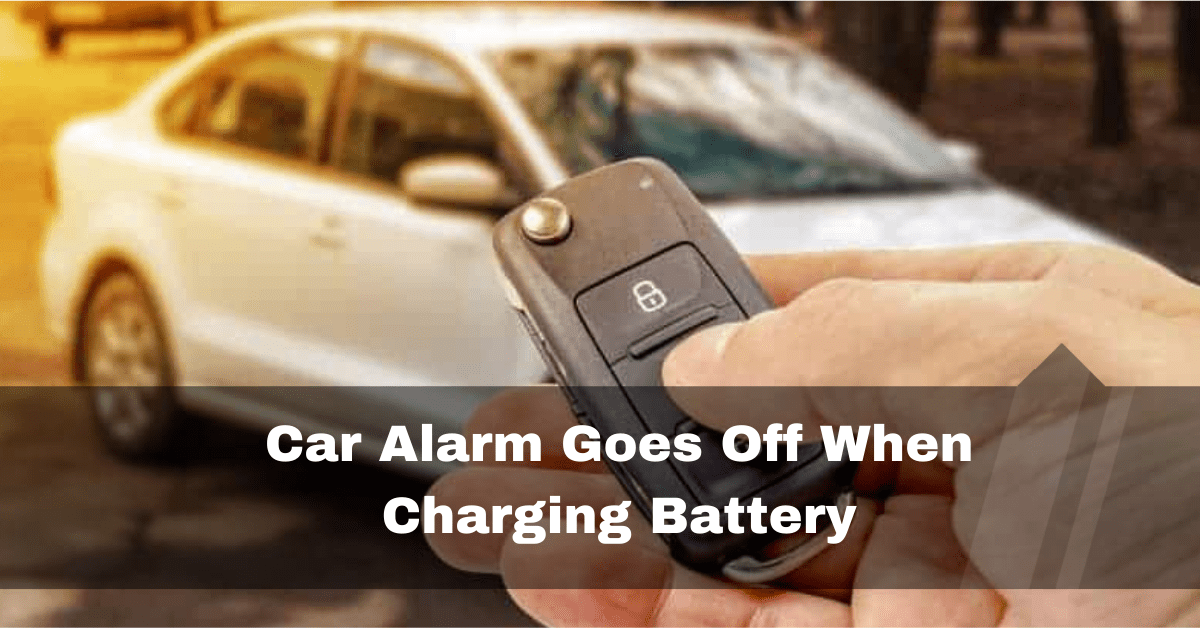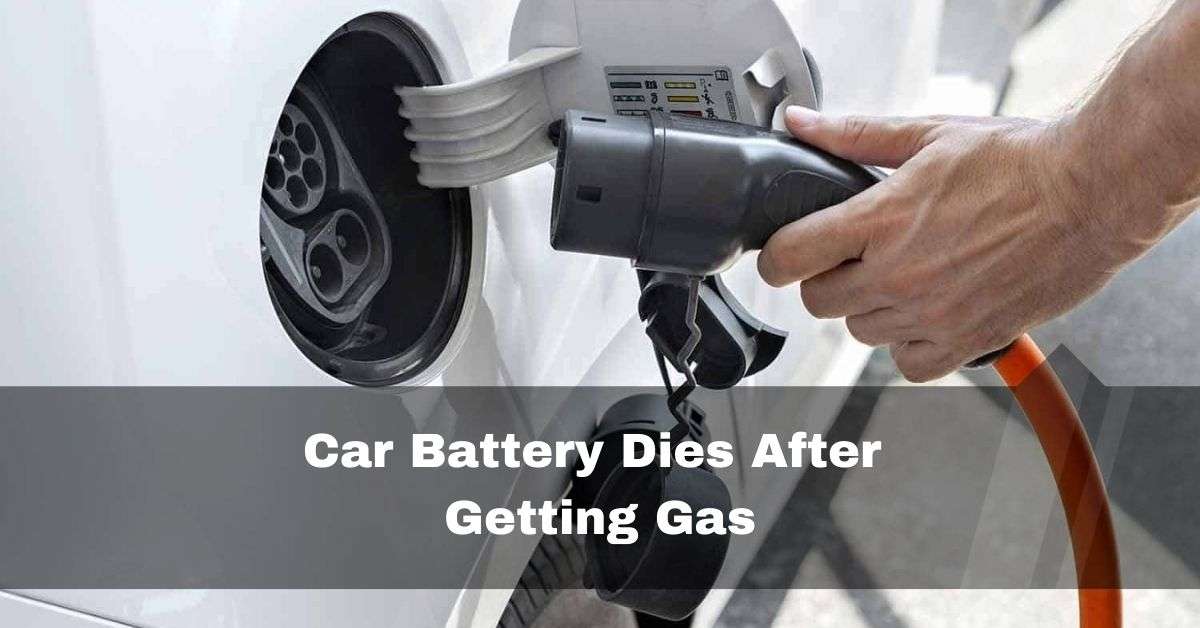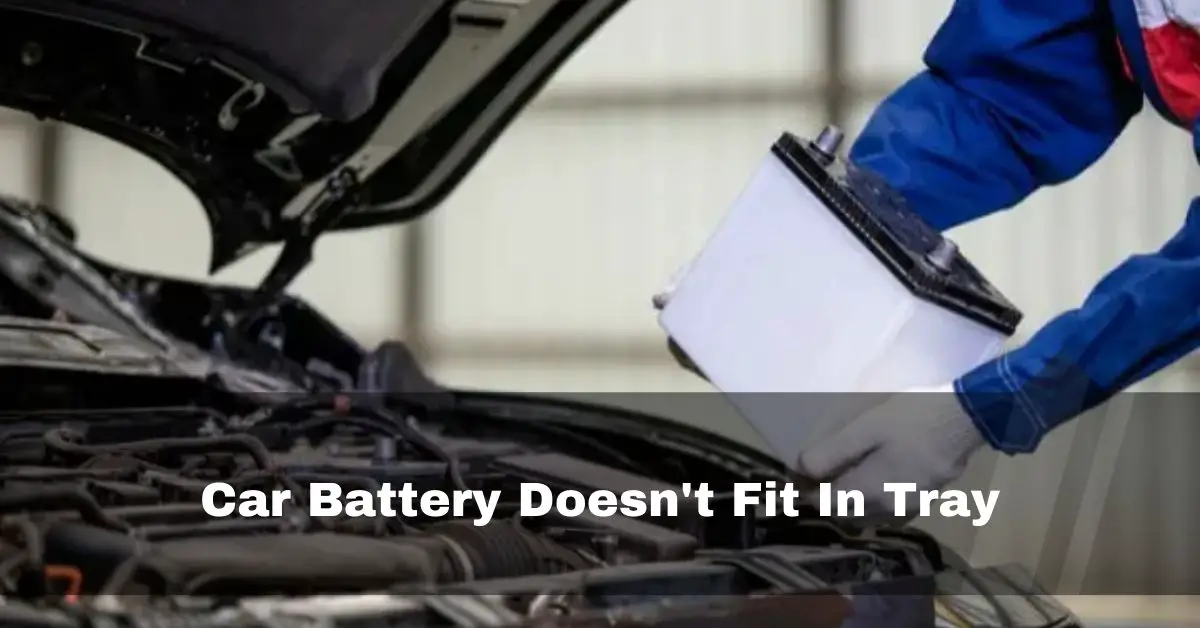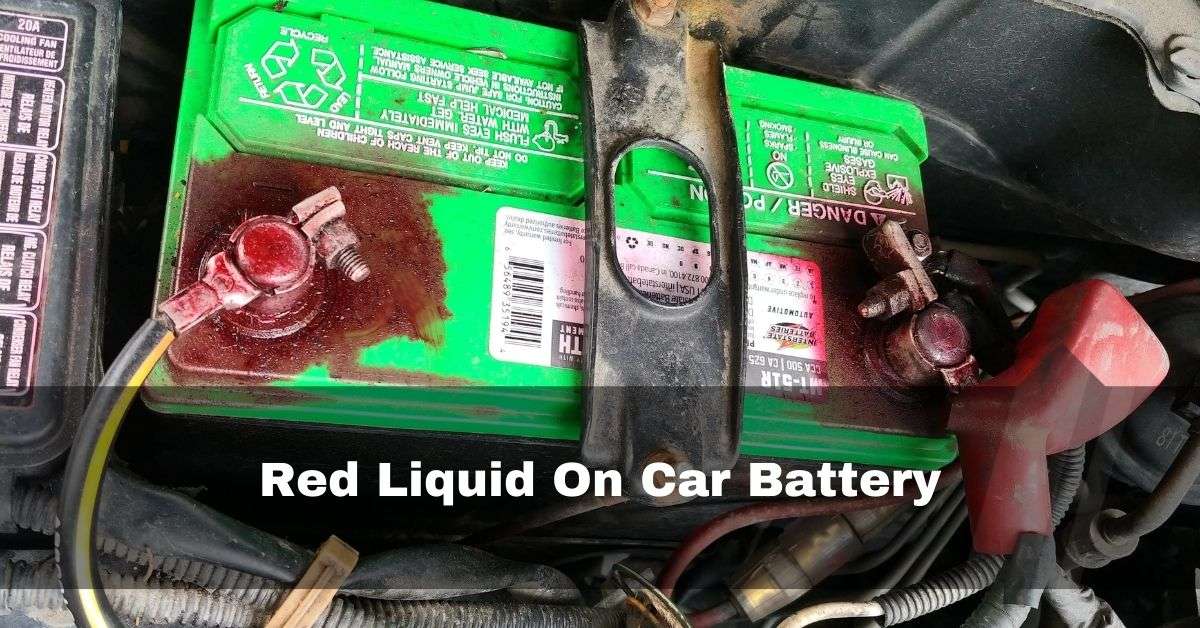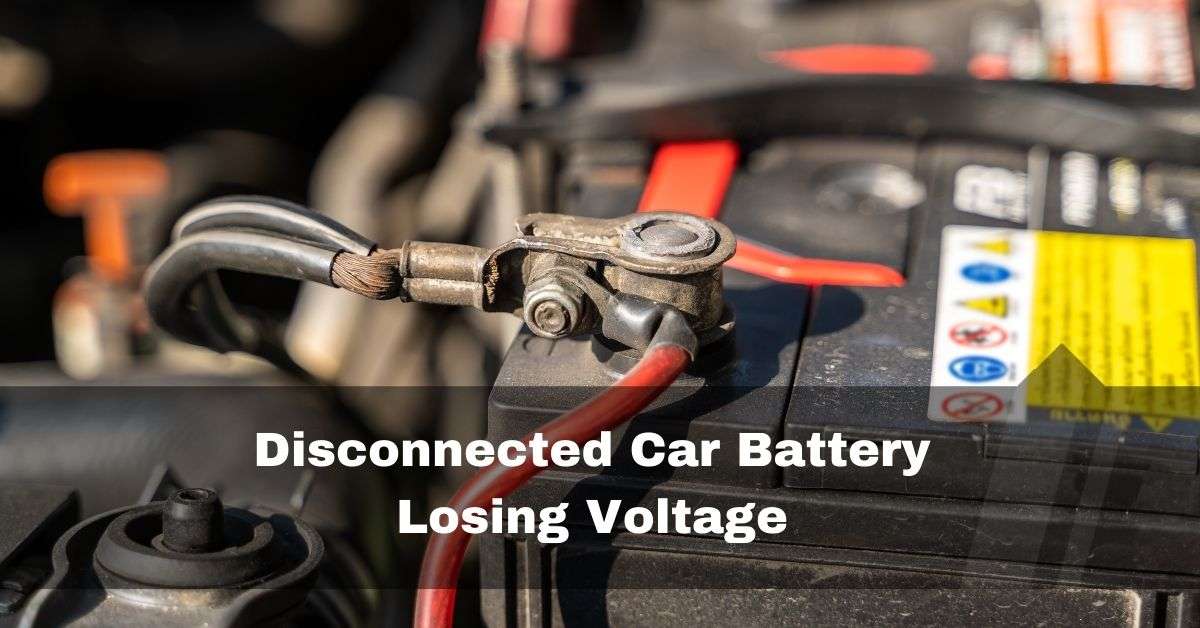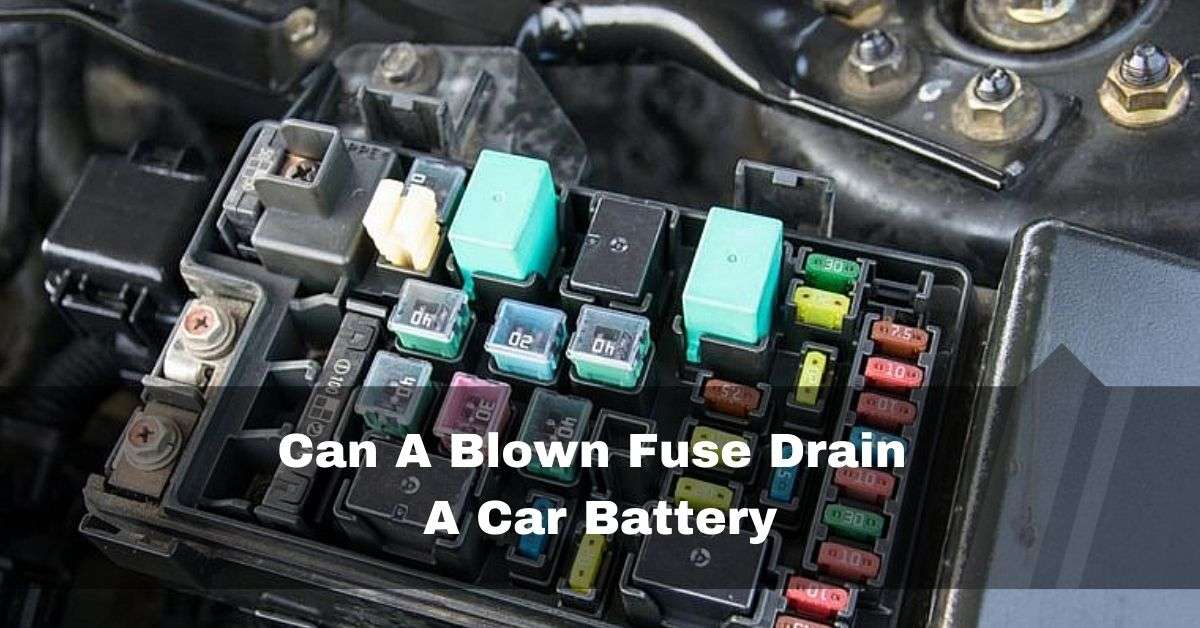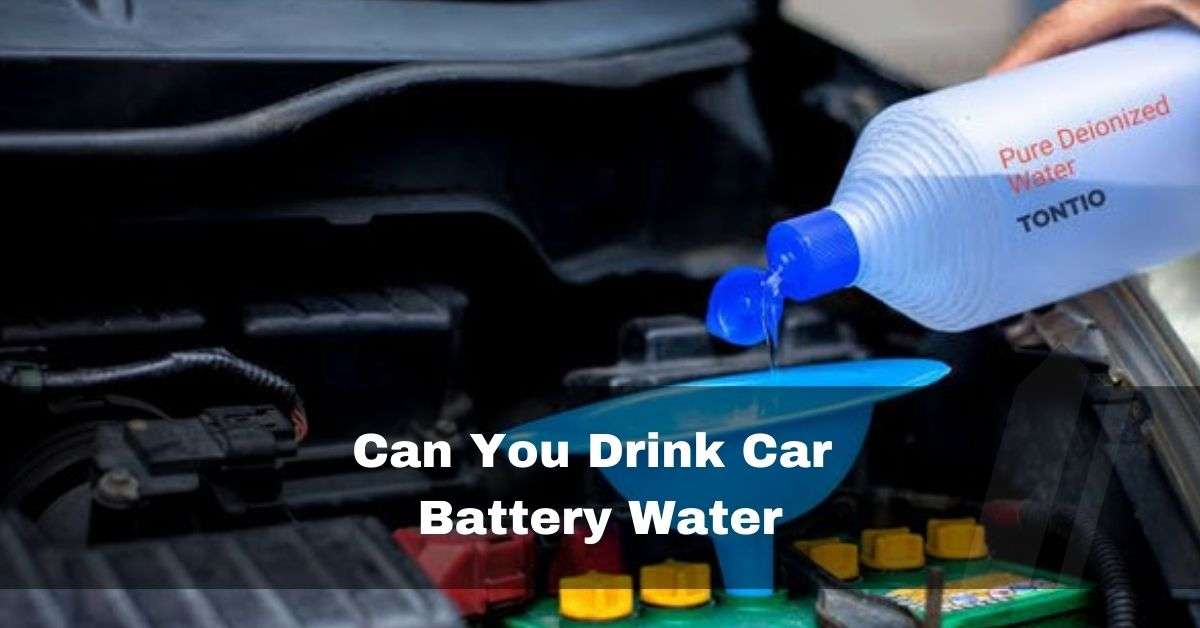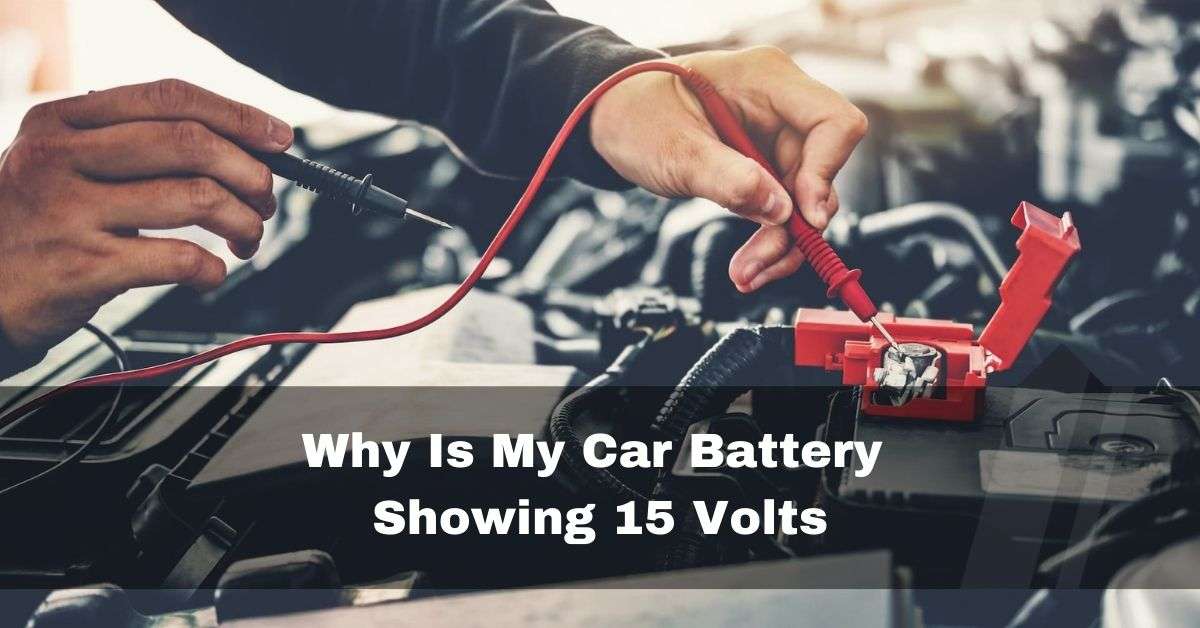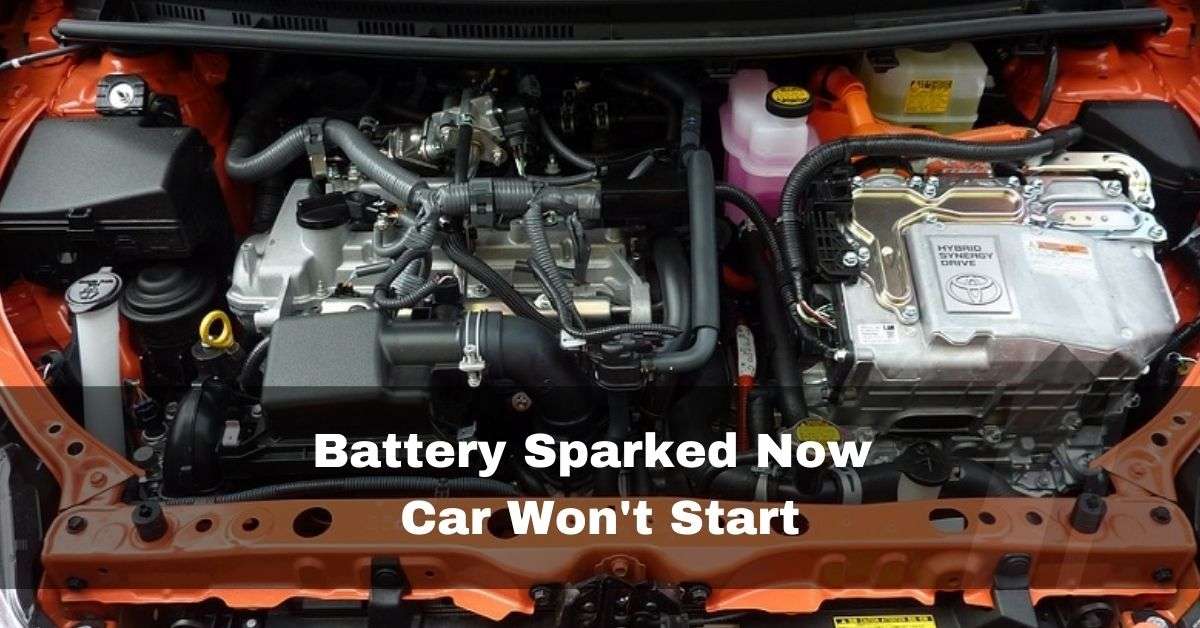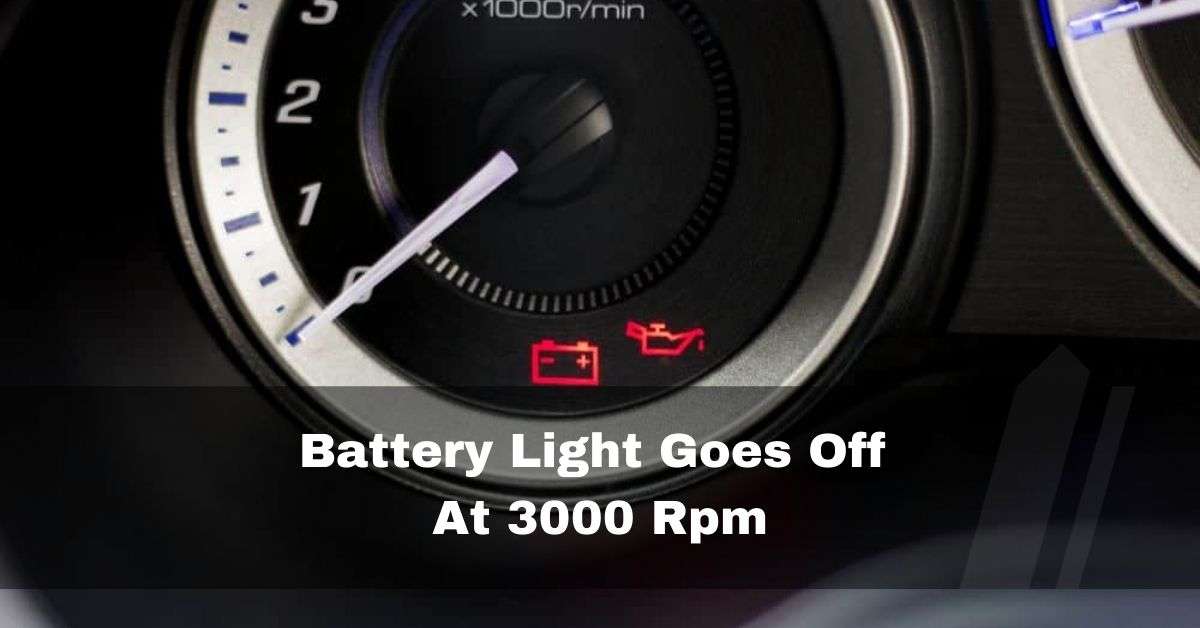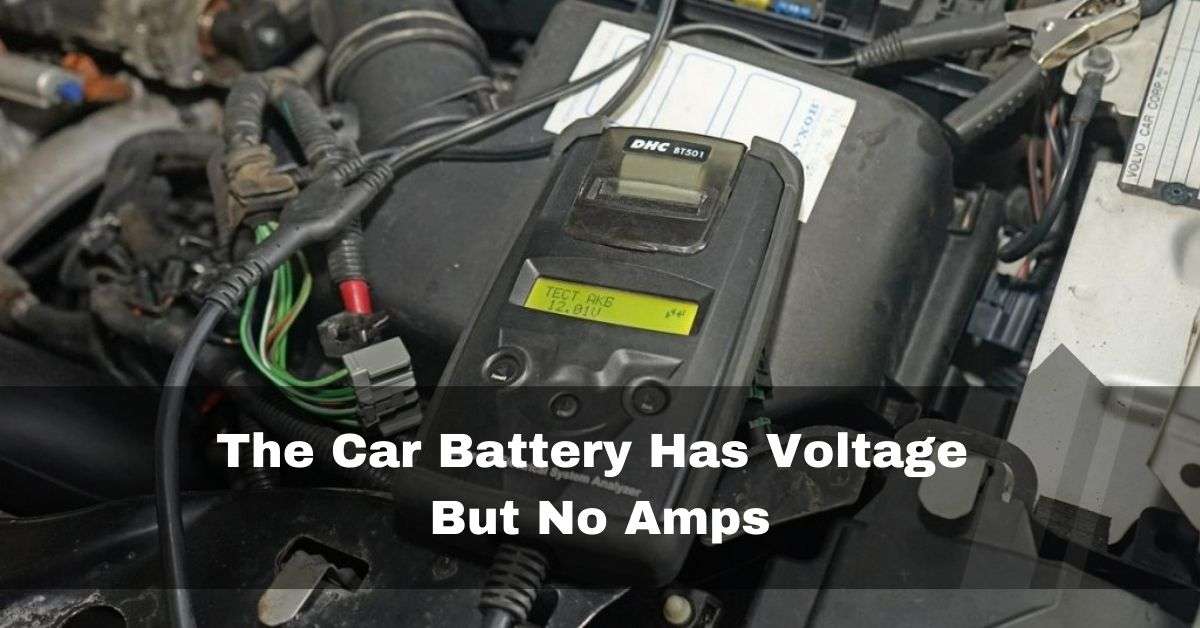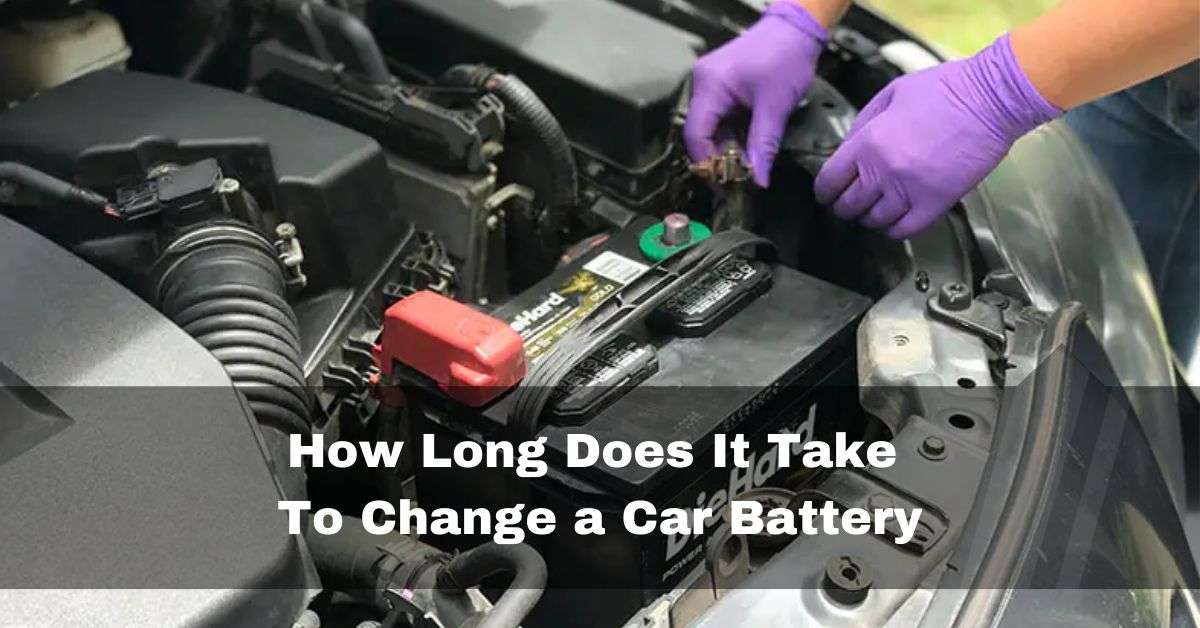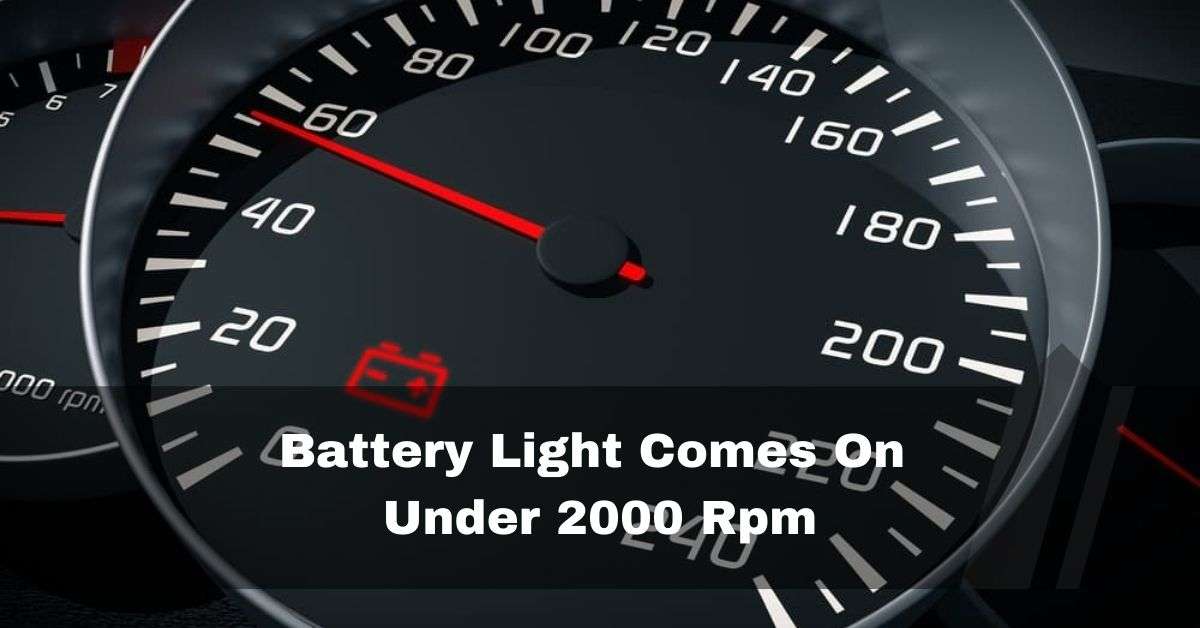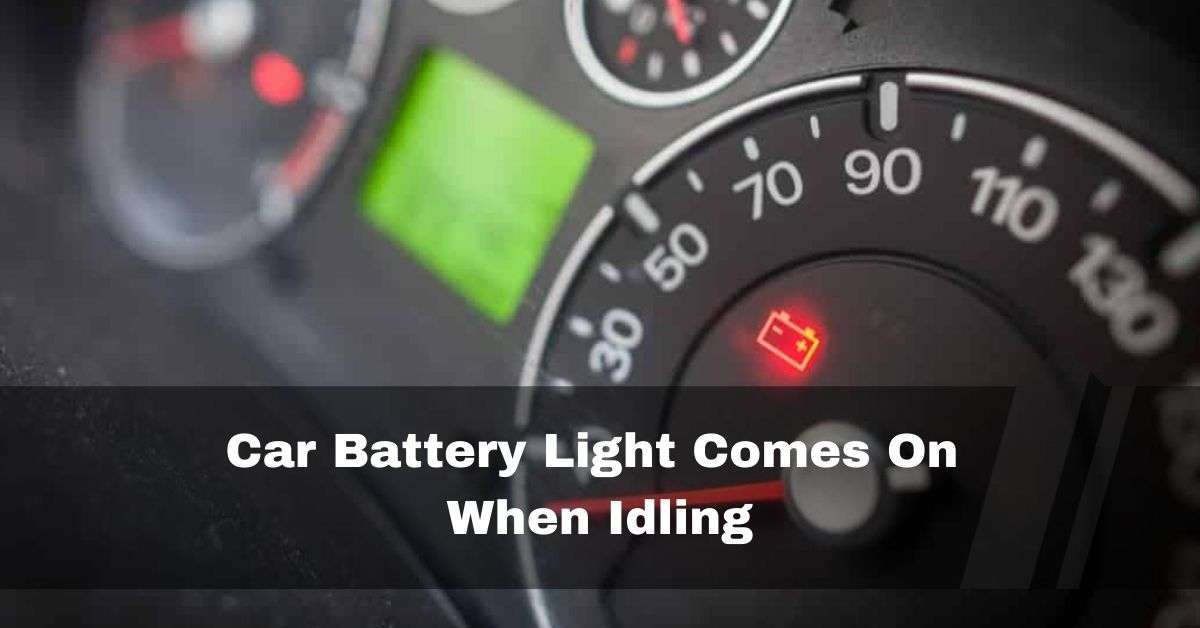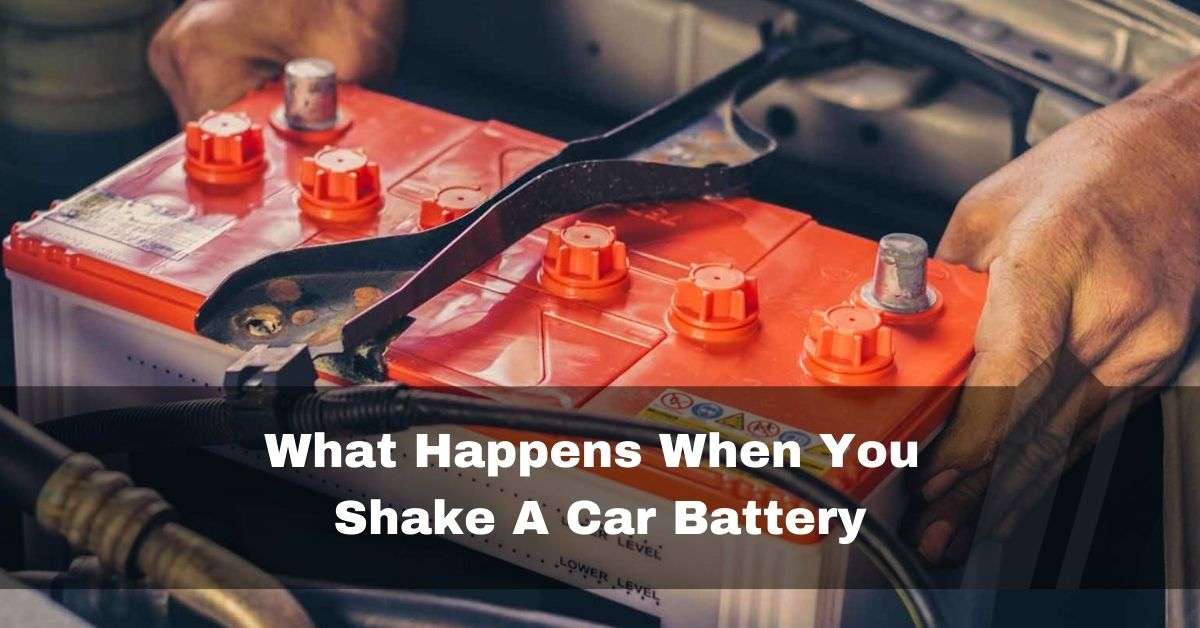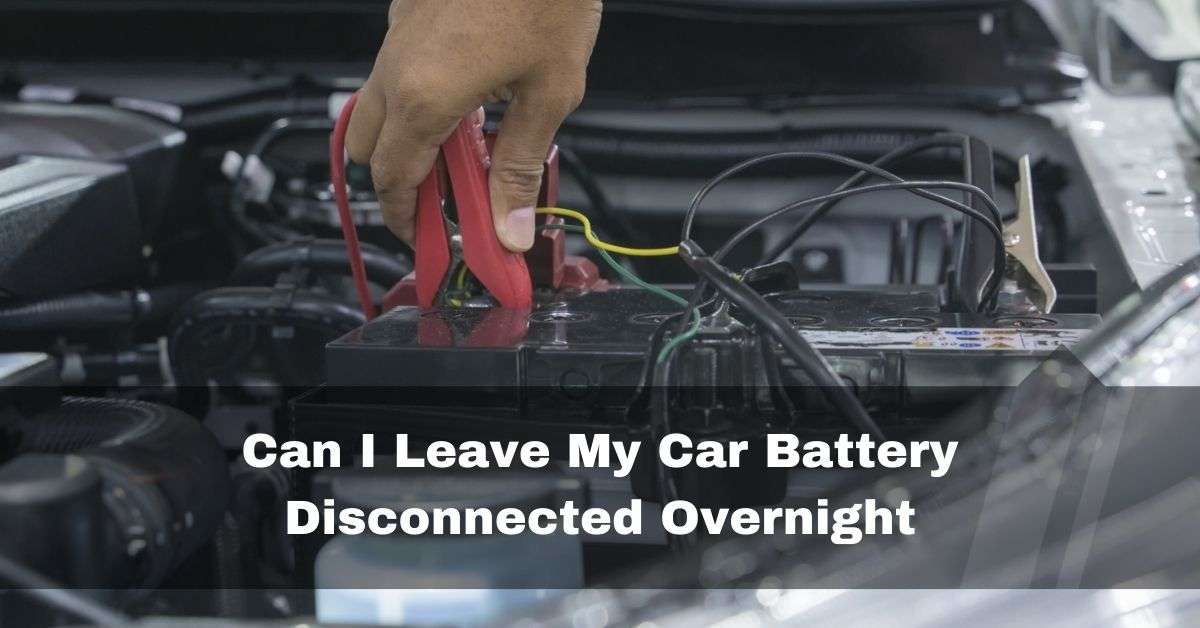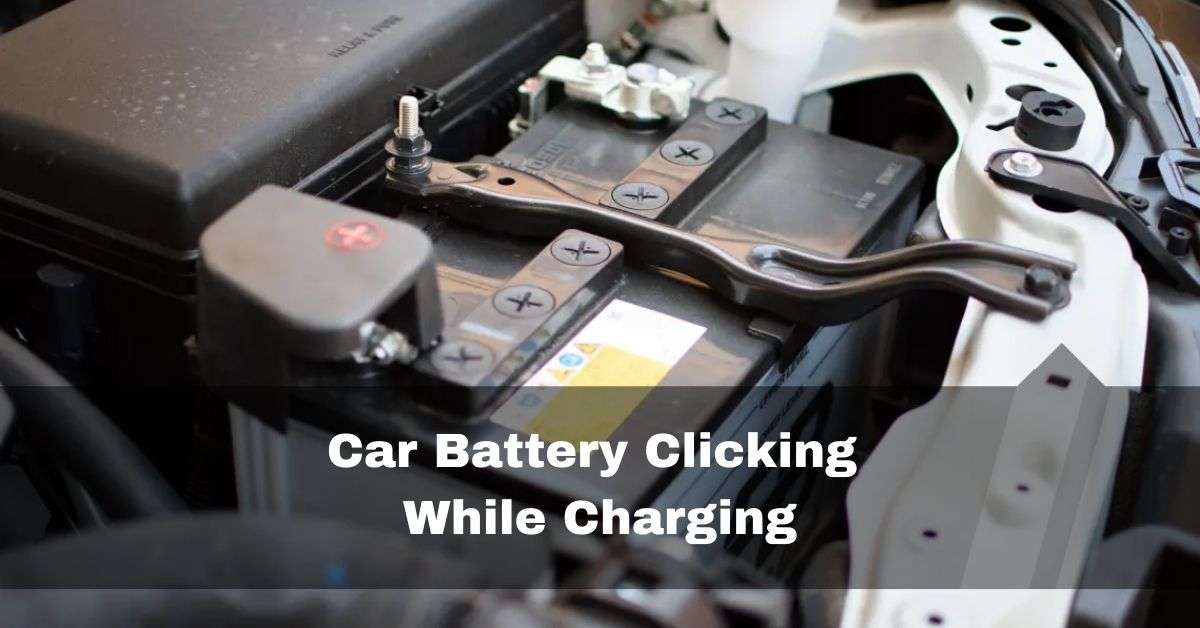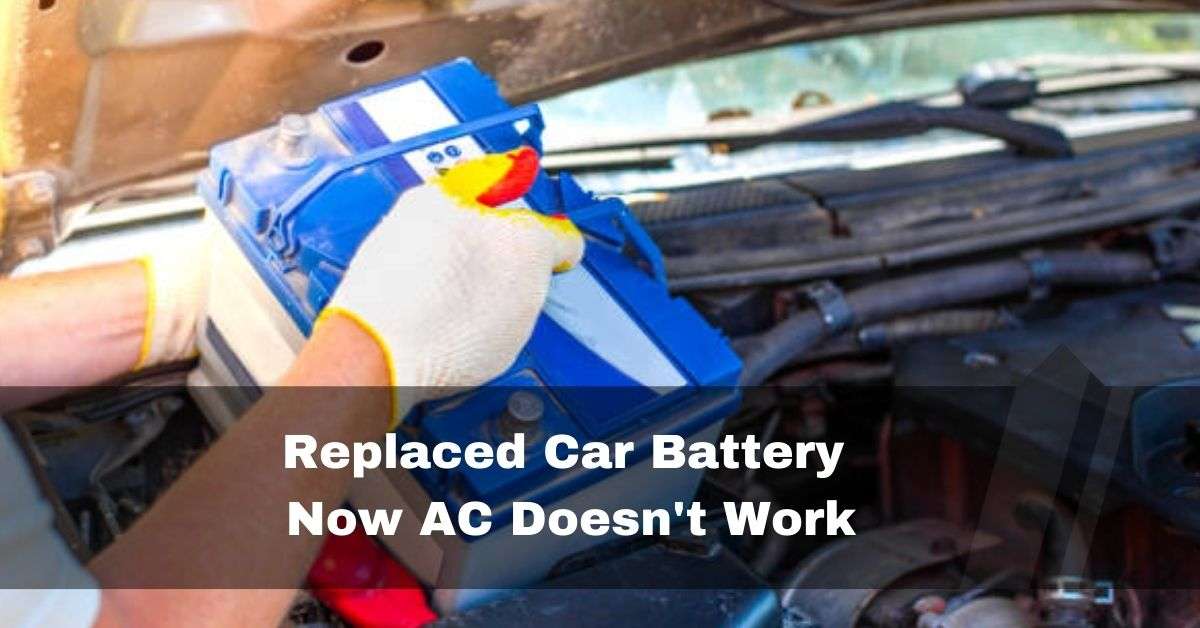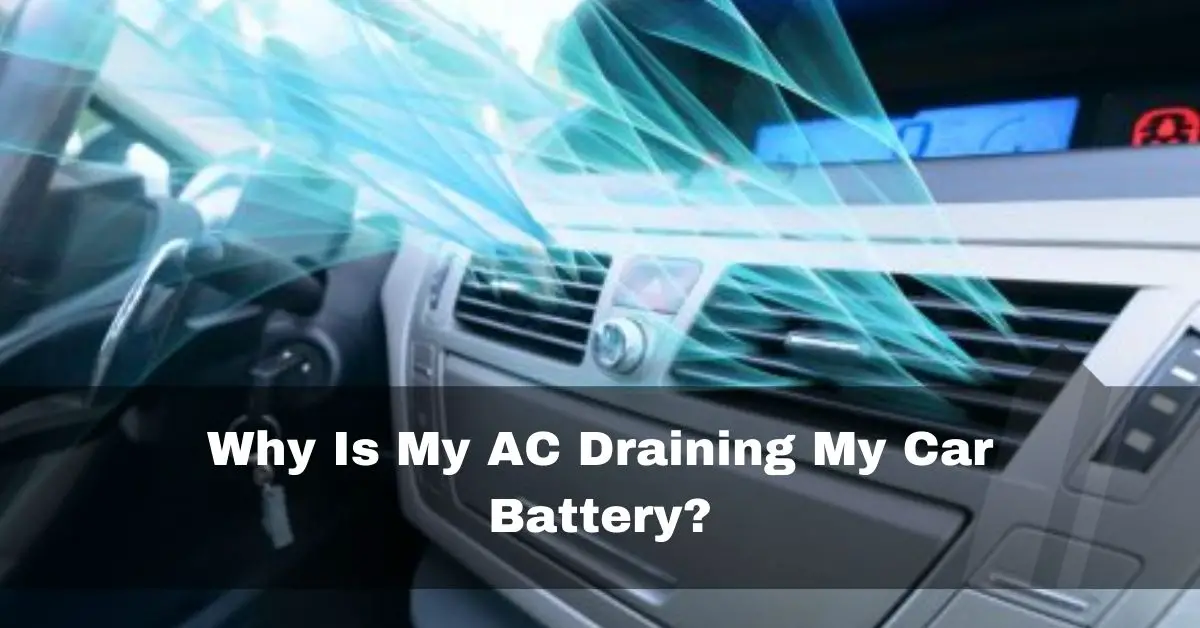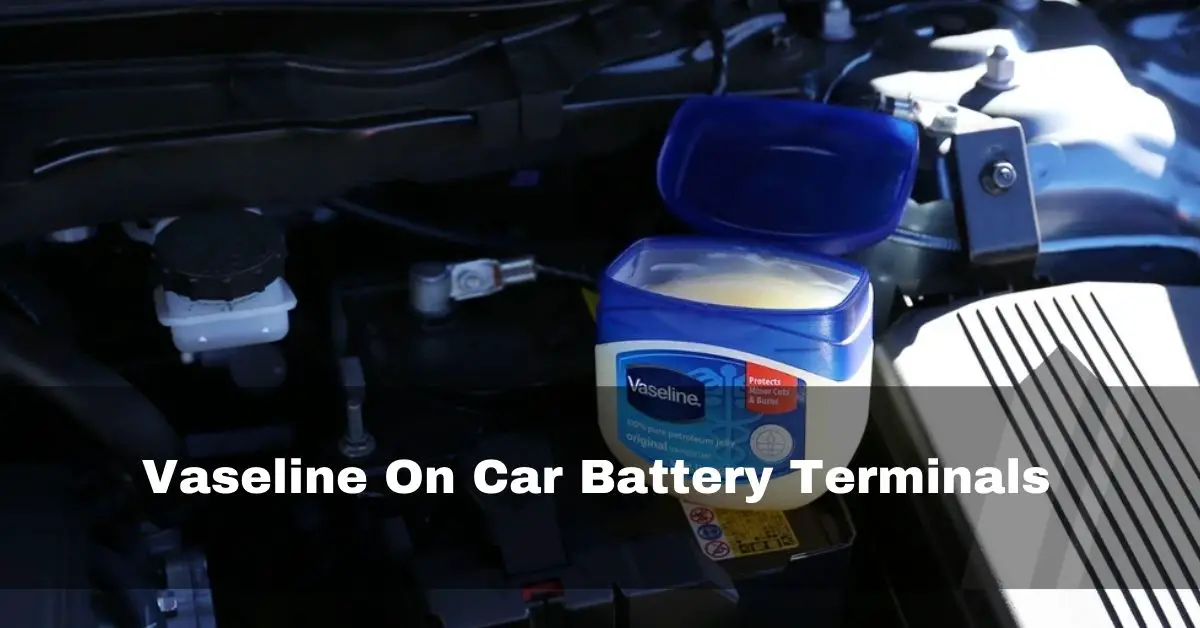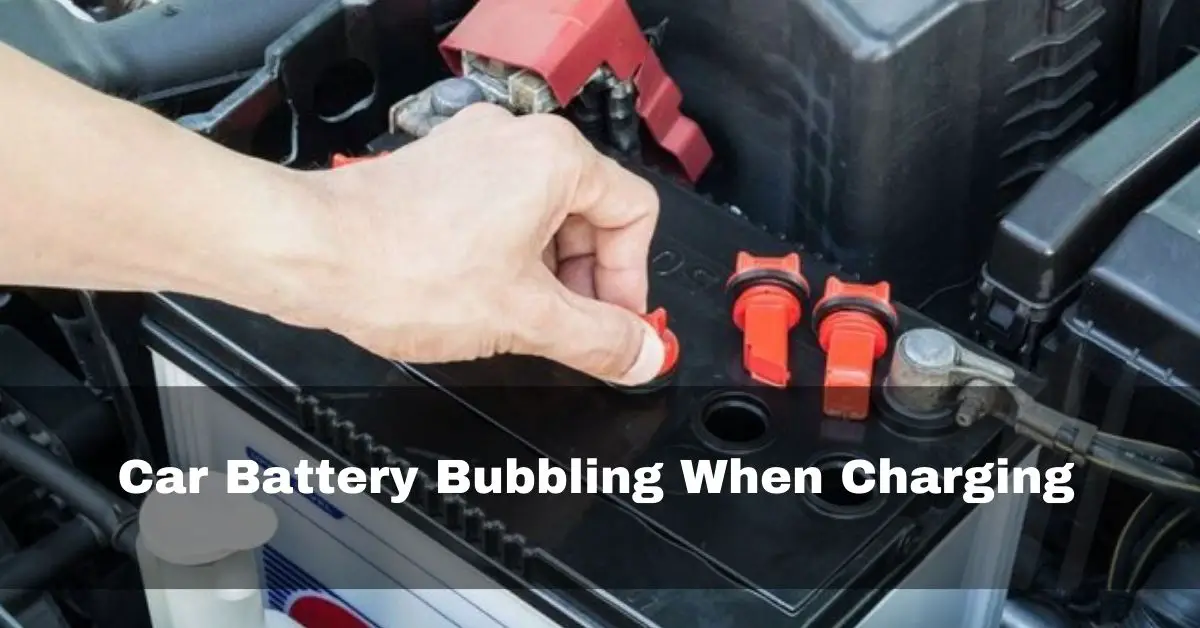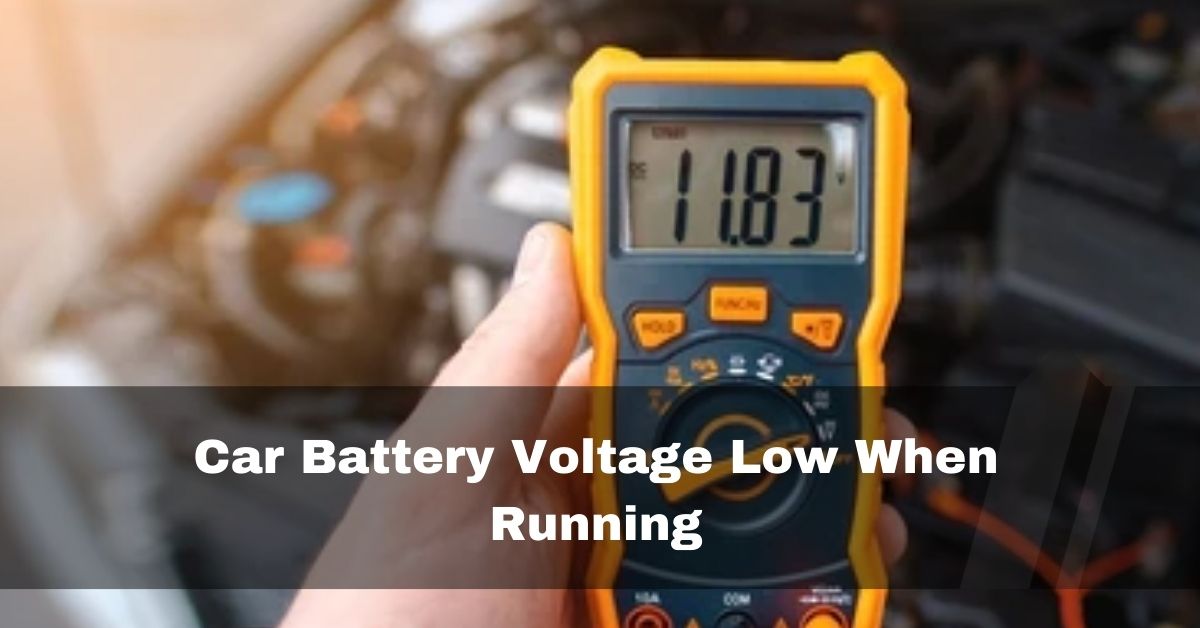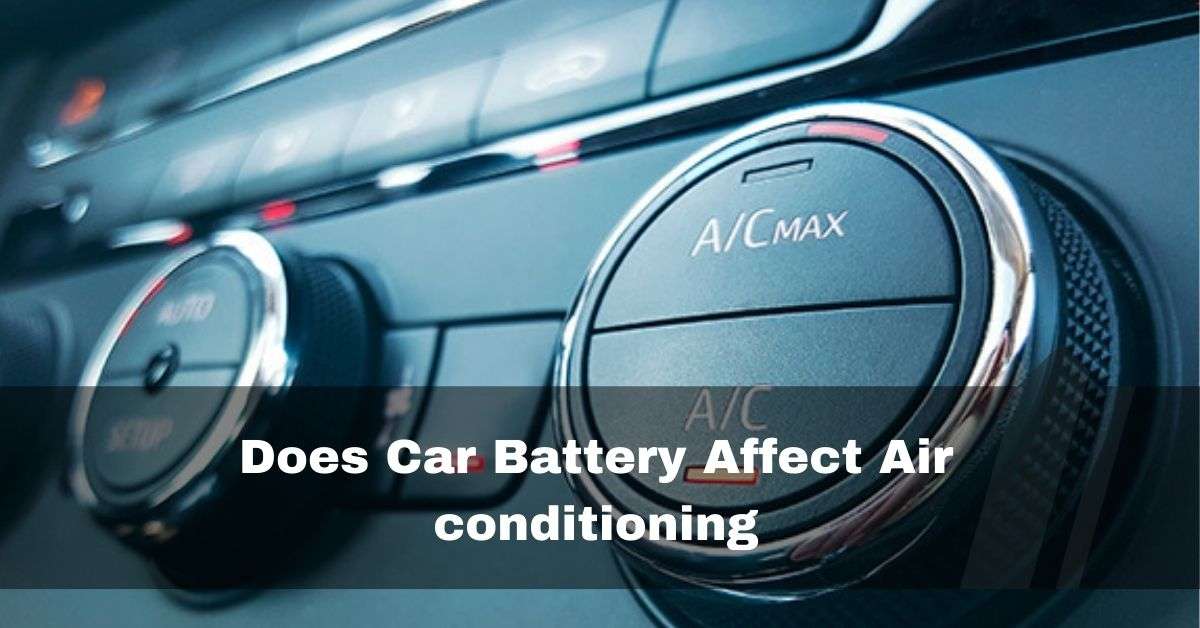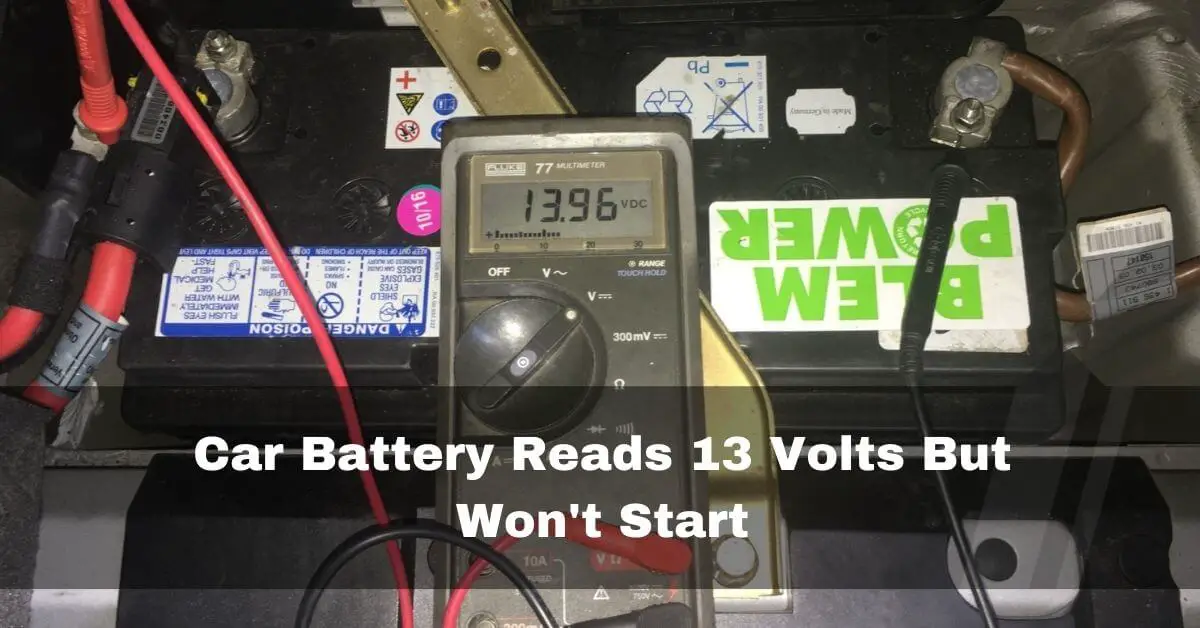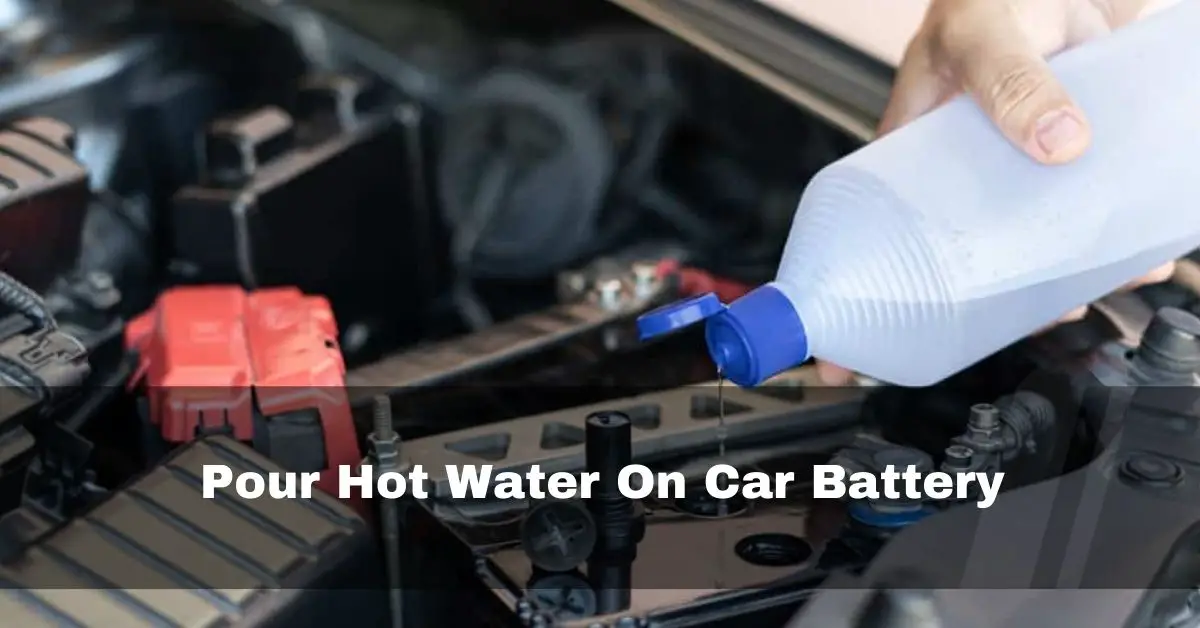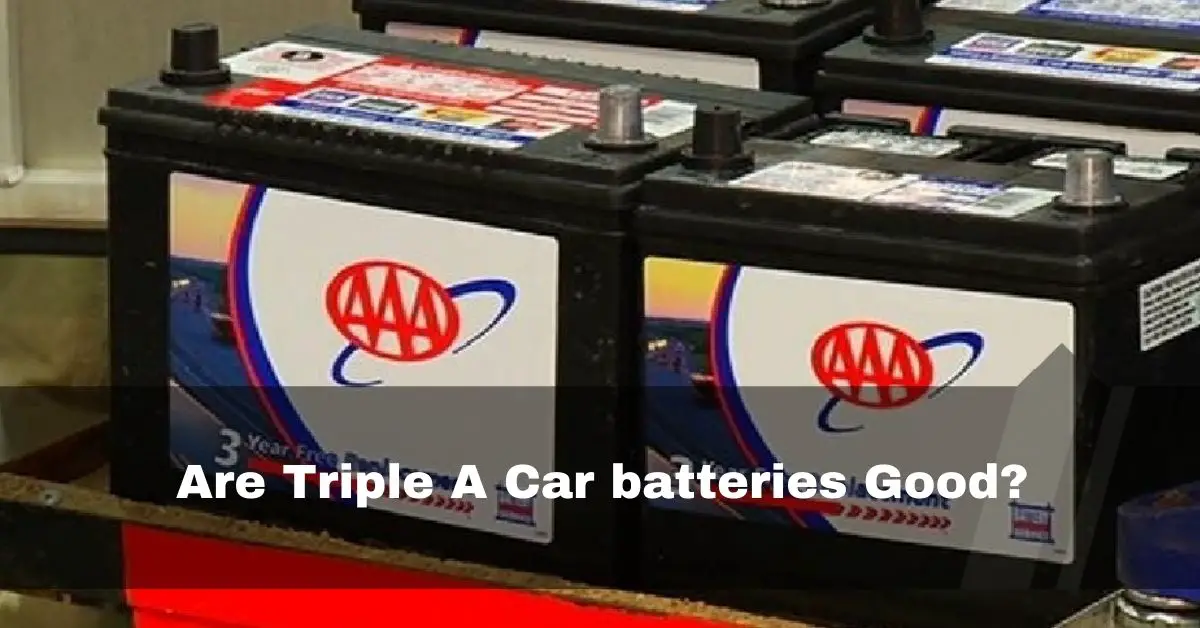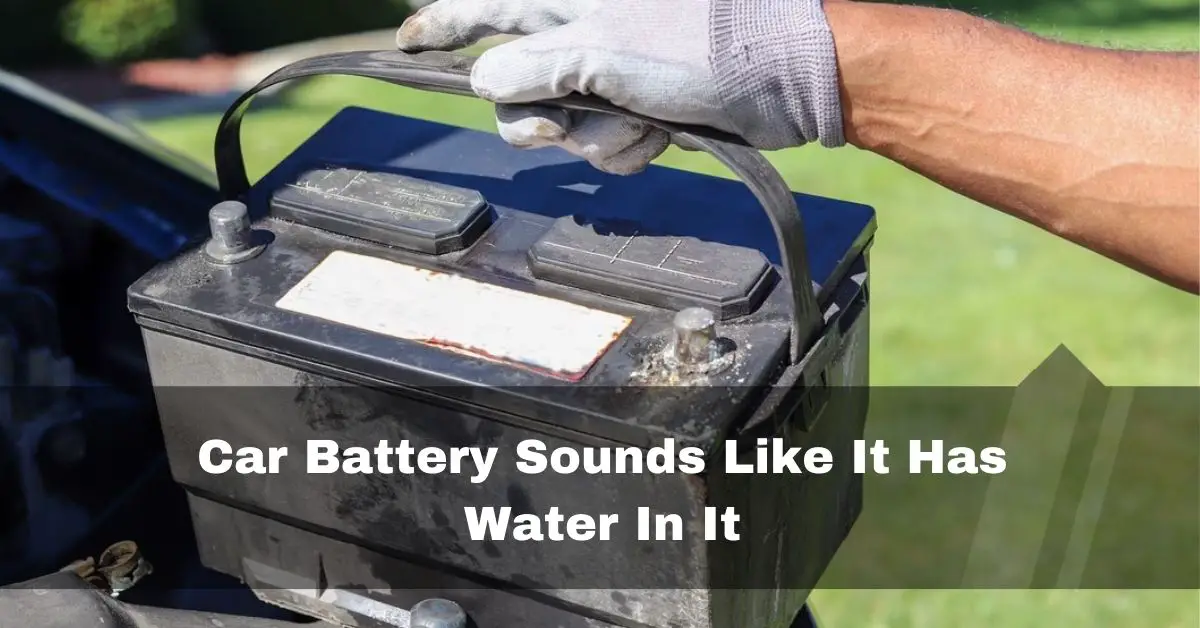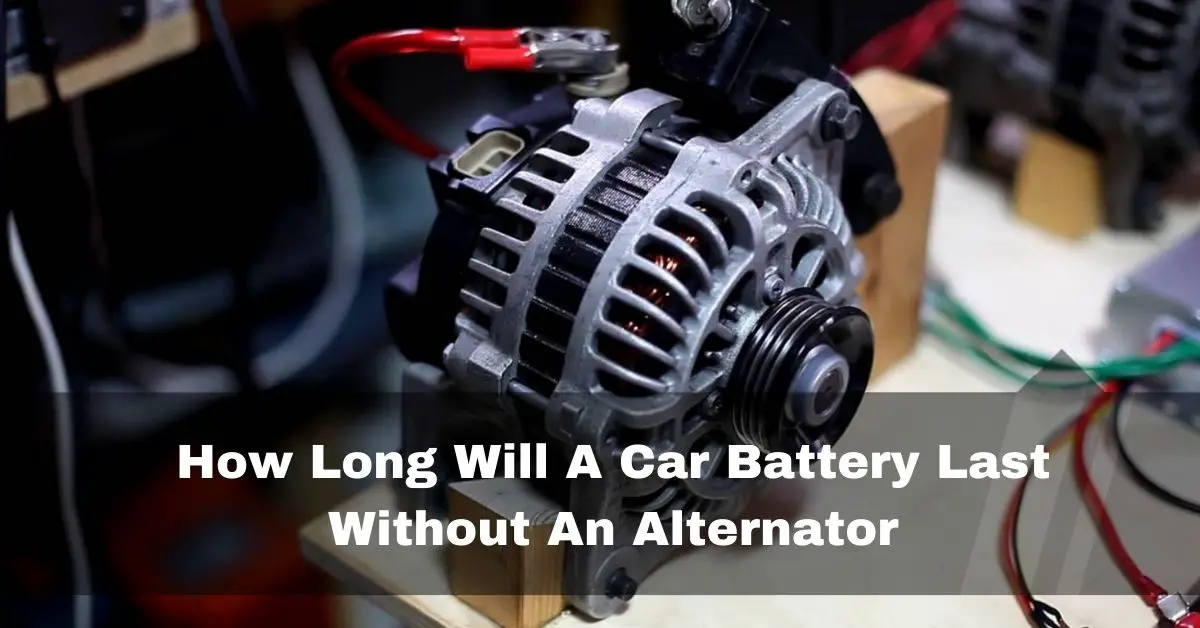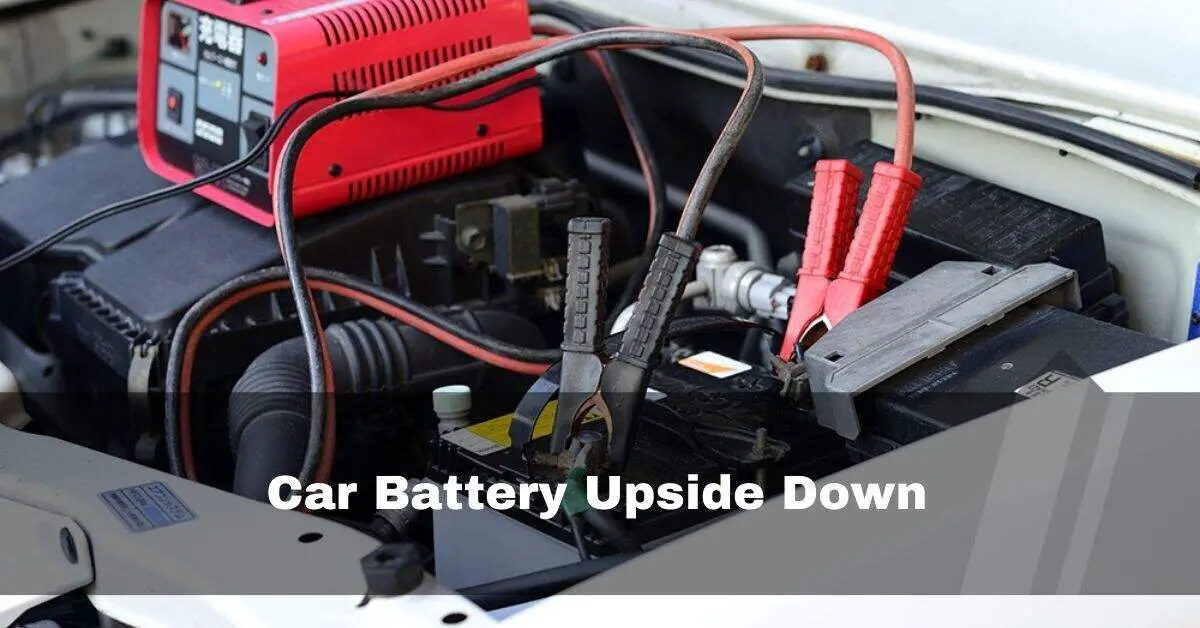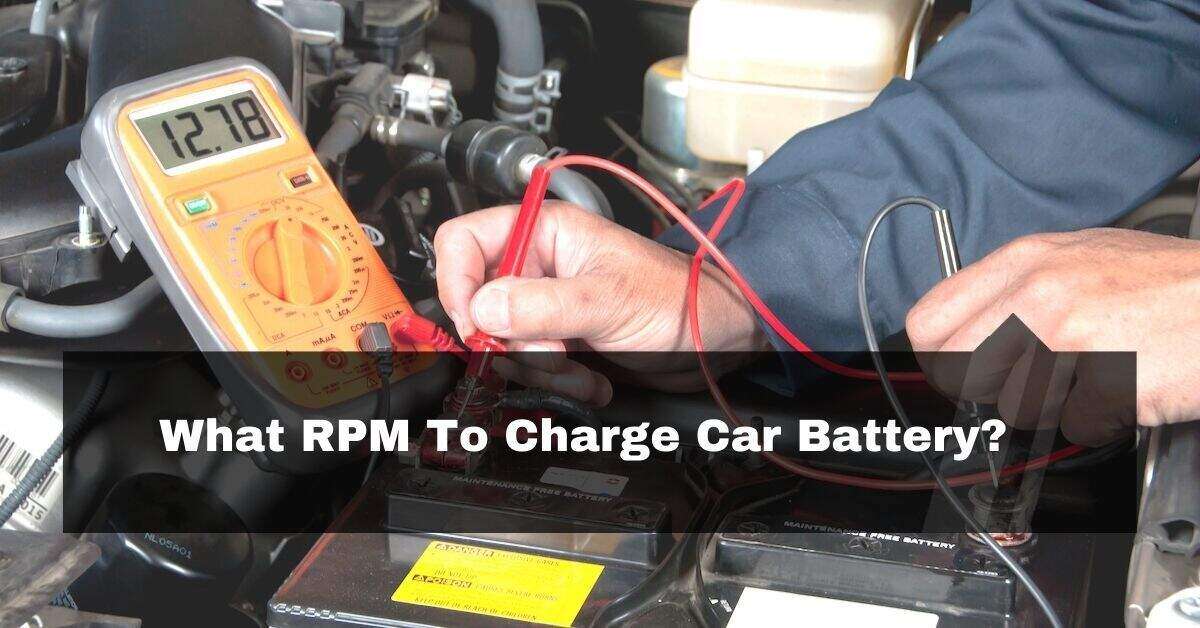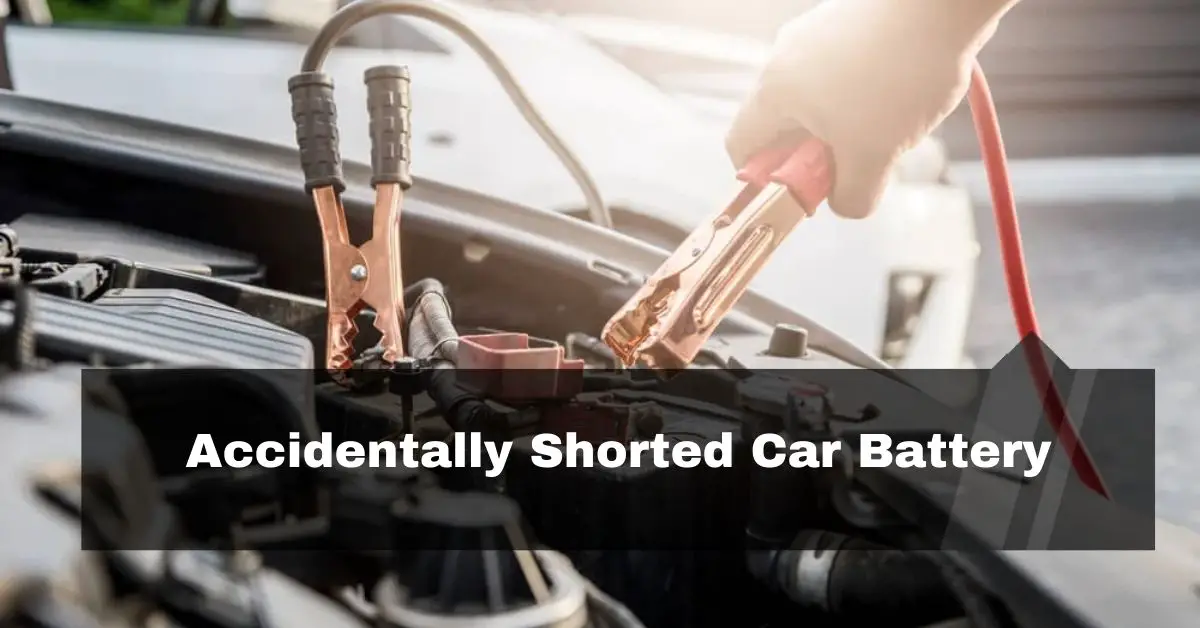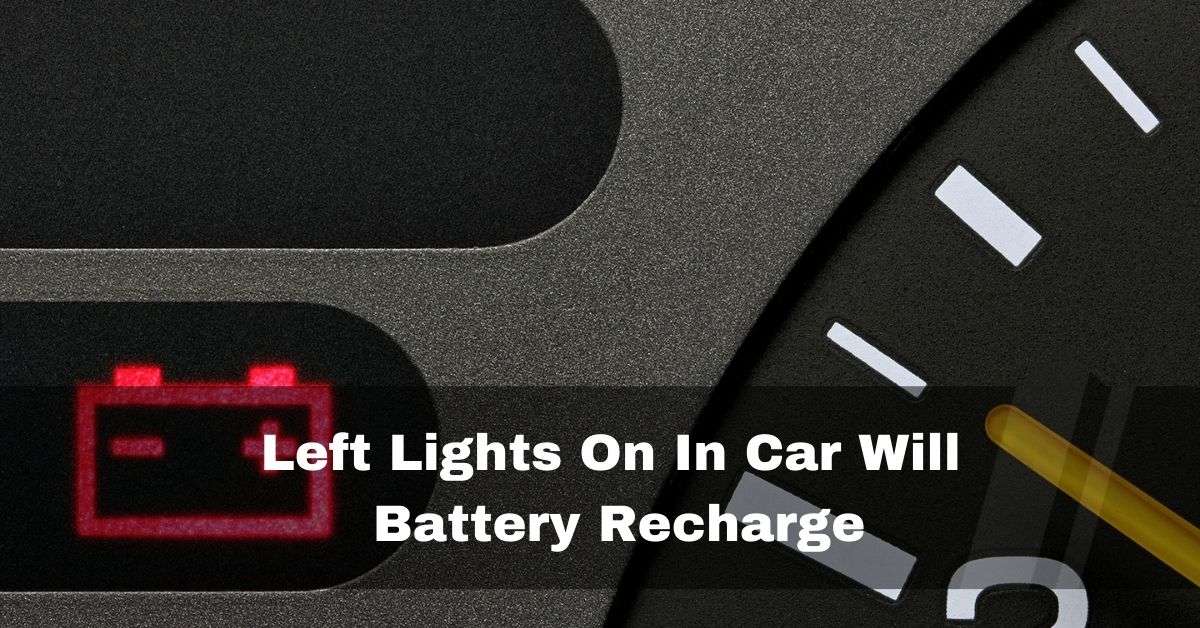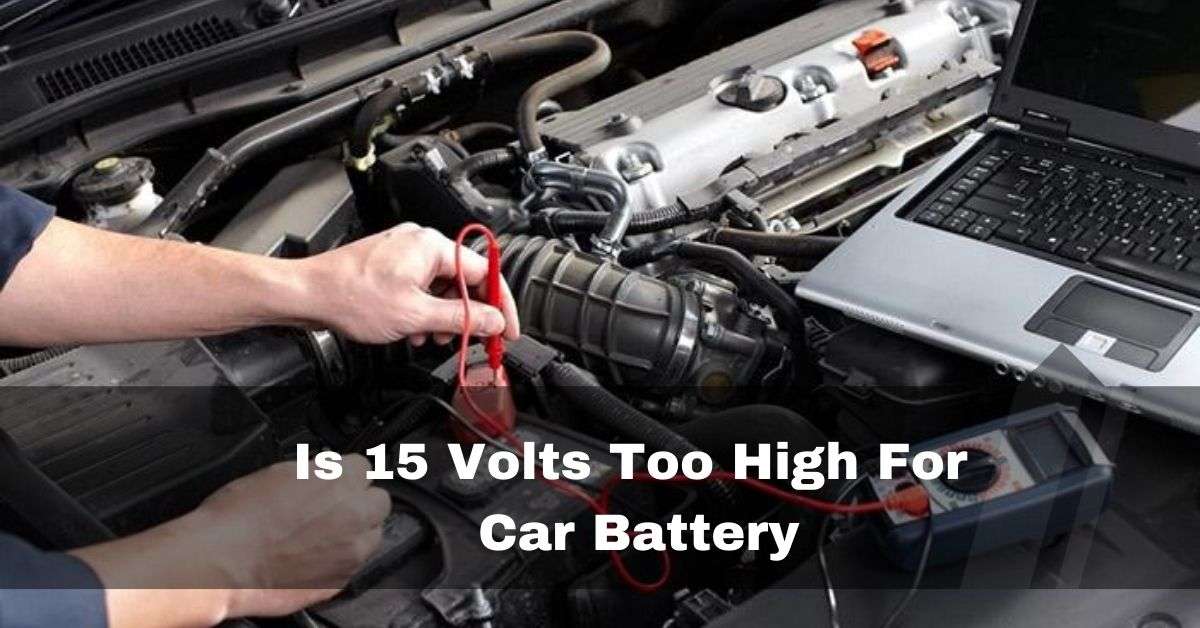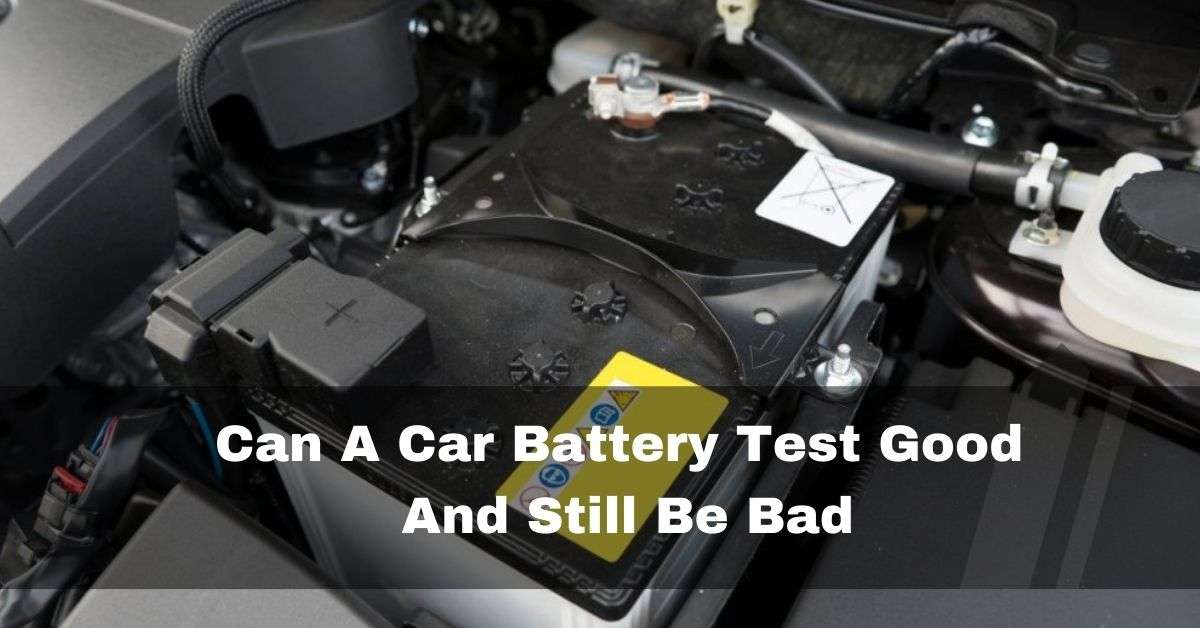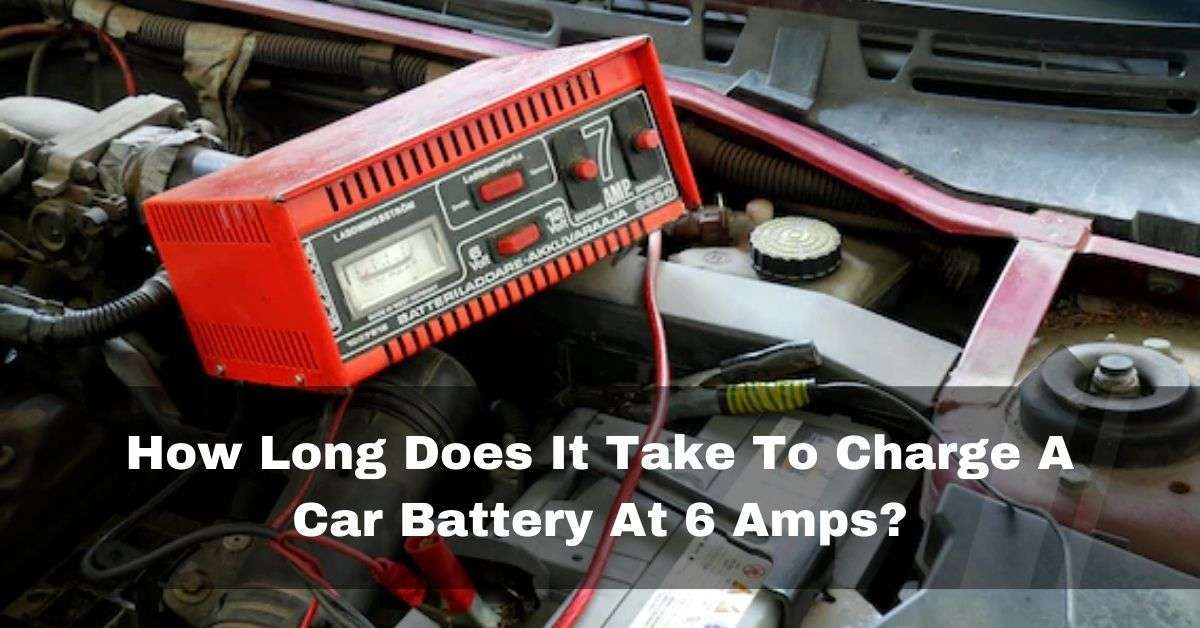When I encountered my car battery heating up during charging, it initially raised concerns. However, I learned not to panic and investigated further to understand the underlying reasons. By researching and seeking advice, I discovered that some warmth during charging is normal, but excessive heat could indicate potential issues.
Why Does My Car Battery Get Hot When Charging? (Short Answer)
Check the charging voltages of your charger, it is most likely that the charging voltage is too high. Some chargers are equipped with external temperature sensors to lower charging voltage at high environmental temperatures and increase charging voltage by proportion at high temperatures.
This article will examine the elements that affect car battery temperature and assist you in determining if the temperature is within acceptable limits or whether a more severe problem may be present.
Table of Contents
Is It Normal For A Car Battery To Get Hot While Charging?
While it’s normal for a car battery to heat up slightly during charging due to the energy conversion process, excessive heat can signal potential issues like a failing battery or faulty charging system. Keep an eye on the temperature and consider a replacement if consistently too warm.
Read Also: Why Is My Car Battery Showing 15 Volts
Should A Car Battery Get Hot When Charging:
Charging a lead-acid car battery also induces warming. Rapidly charging a depleted battery can generate enough heat to be noticeable, but water, which is abundant in a car battery, serves as an efficient heat sink. Water requires a substantial amount of energy to undergo significant temperature changes.
Causes Of Car Battery Getting Hot When Charging?
I’ve encountered the issue of my car battery getting hot during charging, prompting me to investigate the possible causes.
1. High Charging Current:
Car Battery Heating Up While Charging? Excessive charging current can cause a car battery to overheat. When the current surpasses the battery’s recommended level, it faces increased resistance and generates excess heat, hindering efficient energy storage.
I’ve experienced this myself and learned that excessive charging current can lead to increased resistance and heat production in the battery.

2. Battery Age And Condition:
Car batteries constantly change and age over time. They do this because their internal resistance rises, which causes more heat to be produced while they are being charged.
This resistance may result from chemical reactions and inner battery component deterioration. Older batteries are more prone to overheating during charging than newer batteries.

3. Inadequate Ventilation:
To properly remove heat during charging, proper ventilation is crucial. When charging a battery in a closed or inadequately ventilated area, airflow and heat dissipation are restricted, which makes the battery heated. Heat buildup may result in temperature spikes and possible battery damage.
4. Battery Overcharging:
Another element that may contribute to excessive heat buildup is overcharging a battery. A battery can get extremely heated when exposed to high voltages or long charging times. A bad voltage regulator, a broken charging system, or just keeping the battery attached to the charger for too long can all result in car battery overcharging.

5. Internal Battery Faults:
During charging, a battery’s internal issues, such as short circuits, corroded separators, or corrosion, can quickly generate a lot of heat. These problems raise the battery’s internal resistance and make it more difficult to efficiently transform electrical energy into chemical energy, which causes excessive heat.
How To Fix Car Battery Getting Hot When Charging?
Having encountered the issue of a hot car battery during charging myself, I delved into research to find effective solutions. Here are some steps I discovered to address this problem and keep the battery in good condition.
1. Ideal Charging Current:
It is essential to use a charger appropriate to your battery’s requirements to avoid using an excessive amount of charging current. The ideal charging current and charge requirements for various batteries vary. To guarantee a secure and effective charging procedure, it is crucial to choose a charger compatible with your battery’s specifications.
Also Read: How Long Does It Take To Charge A Car Battery At 6 Amps
2. Inspect Or Replace Car Battery:
To spot any symptoms of aging or damage, your battery must be regularly inspected and maintained. Verify the connections are solid, and the terminals for corrosion, and search for any physical damage or leaking.
It is advised to replace the battery if you detect any problems or if it has reached its expected lifespan (usually 3-5 years). Lower internal resistance in a fresh, healthy battery lowers the chance of overheating while charging.

3. Ensure Good Ventilation:
It’s crucial to charge the battery in a space with good ventilation to remedy poor ventilation. Consider charging it outside the car or in a public area.
Ensure enough ventilation around the battery when charged so that heat may be dispersed more effectively. You can reduce the possibility of a heated battery during charging by ensuring adequate airflow.
Also Read: How Far Can A Car Drive On Battery Only
4. Avoid Overcharging:
Ensure your charging system is correctly regulated to avoid battery overcharging. Use chargers or charging apparatus that offers the recommended voltage and charging time and follow the manufacturer’s instructions.
Avoid overcharging and reduce the risk of overheating according to the manufacturer’s instructions and guidelines for your particular battery.

Also Read: Can A Bad Battery Make Your Car Overheat
5. Detect Internal Problems:
It is crucial to have the batteries examined by an expert if you detect internal problems. They can do tests and run diagnostics to find any internal problems and assess whether repair or replacement is required.
You may avoid a hot car battery during charging by being aware of these factors, putting the correct solutions in place, such as regular maintenance, suitable ventilation, adhering to charging instructions, and getting expert assistance when required.
12v Battery Gets Hot When Charging:
A 12V battery can get hot during charging due to overcharging, which occurs when the battery is continuously charged beyond its recommended capacity. Faulty voltage regulators or damaged charging systems are often responsible for this overheating issue.
What Is Normal Operating Temperature For Car Batteries?
During operation, car batteries may get warm, which is typical. A car battery’s normal working temperature range is 26° (80°F). The chemical reactions inside the battery during charging or discharging provide this heat. Remembering that these temperatures might change based on things like battery size, kind, and environmental conditions is vital.
Also Read: Car Stalling After Battery Change
What Are The Signs of Abnormal Battery Temperature?
Although warm automobile batteries are typical, abnormally high temperatures may point to problems that must be addressed. An abnormal battery temperature will show these symptoms:
- Extreme Heat: If the battery feels unusually warm to the touch or gives off a strong sulfur or rotten egg stench, a problem may have to be fixed.
- Rapid Temperature Rise: If the battery temperature increases quickly while it is being used commonly, this may indicate an internal problem, an excessive current flow, or overcharging.
Related Questions:
1. What Should I Do If My Battery Is Hot?
When you discover overheating, you must remove the battery from the device and set it somewhere to cool. When the battery has cooled, you should recycle it at your neighborhood Batteries Plus or in compliance with local and state laws.
2. Does Overheating Damage The Battery?
As the temperature rises, your battery’s ability to efficiently store energy declines. High temperatures could permanently destroy your battery. Excessive temperatures accelerate the aging process of your battery, making your phone fail sooner.
3. Is it normal for a car battery charger to get hot?
Yes, it’s typical for the charger to warm up, and some may become almost too hot to handle. A loose connection in the car can worsen this. Take this opportunity to inspect your batteries, ensure clean and tight connections, and check water levels.
4. Is trickle charger supposed to get hot?
Yes, a trickle charger can get warm because, during charging, a shunt circuit connects a resistive load to absorb excess current, dissipating heat instead of returning it to the battery.
5. Why does my negative battery cable get hot?
The negative battery cable heats up due to resistance in the circuit, usually caused by corrosion or a loose terminal connection.
6. How hot should a battery get while charging?
Evaporation occurs under the hood of a car as the internal temperature of the battery can surpass 140 degrees or higher. This leads to the evaporation of battery fluid, causing damage to the internal structure of the battery.
7. Car battery hot and smells
If your car battery is hot and emits a sulfur smell, it indicates electrolyte leakage mixing with hydrogen gas. Don’t overlook this odor—promptly replace or repair the battery to minimize potential damage.
8. Is it better to slow charge or fast charge?
Slow charging extends battery cycle life to over 3,000 times, while fast charging reduces it to around a thousand times or even lower. The charging speed choice significantly affects battery lifespan.
9. Why does a 12v battery charger get hot?
A 12V battery charger may get hot because, as the battery’s internal voltage rises, the charger reduces the charging rate to prevent overheating. If too many amps are drawn for too long, the charger heats up as a protective measure.
10. Why did my AAA batteries get hot?
Your AAA batteries heated up because the power transfer during usage induces a chemical reaction in the battery, generating heat—a normal occurrence across various battery types.
Conclusion:
As someone who has dealt with car battery issues firsthand, I understand the importance of maintaining a reliable electrical system. I’ve learned to keep an eye on the temperature of my car battery and take action if it starts to overheat. Regular maintenance and being vigilant for any signs of abnormal heat have become crucial habits for me. Additionally, seeking professional assistance when needed ensures that my car battery stays within safe temperature ranges, providing consistent power to my vehicle.
Also Read:
- Battery Light Going Off At 3000 RPM
- Car Battery Dies After Getting Gas
- Battery Sparked Now Car Won’t Start
- Car Tries To Start When I Connect The Battery
References:
- http://www.frankshospitalworkshop.com/electronics/training_course_car_battery.html
- https://bobistheoilguy.com/forums/threads/battery-gets-hot-during-charging-on-bench.200897/
- https://www.firestonecompleteautocare.com/blog/batteries/overheated-car-battery/
- https://www.allpar.com/threads/how-hot-is-hot-to-the-touch-when-charging-a-battery.145521/
- https://www.quora.com/Should-a-battery-get-warm-when-charging

